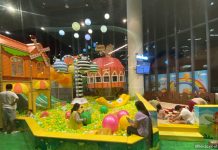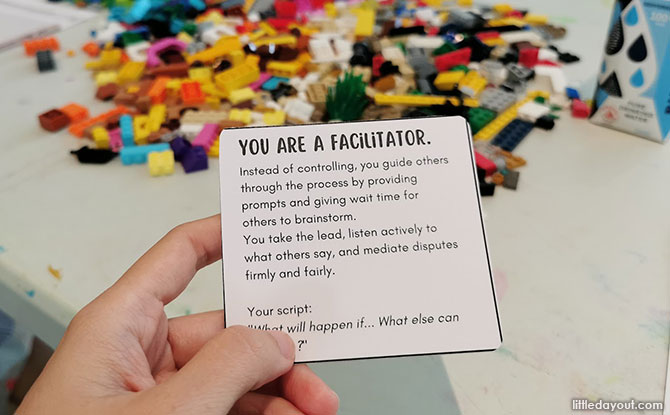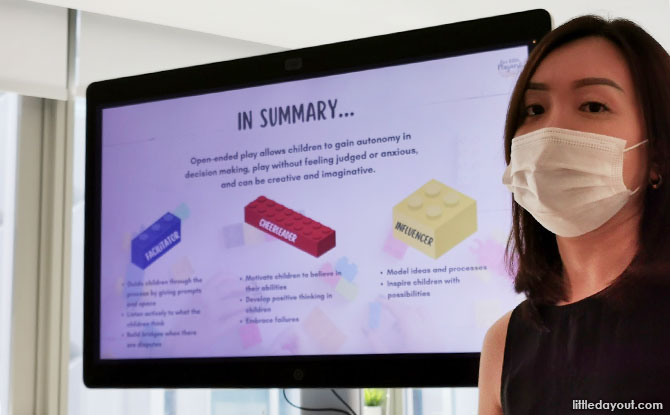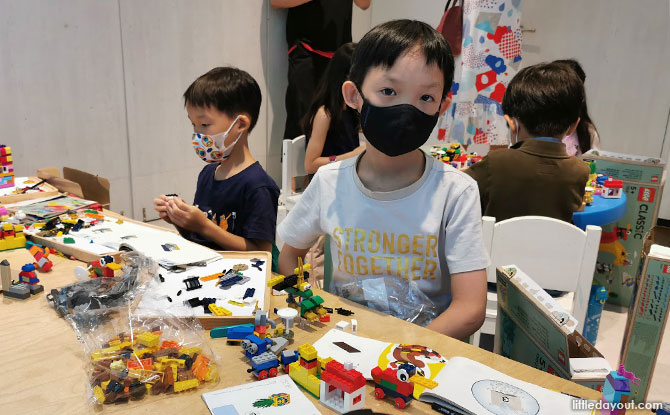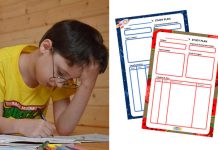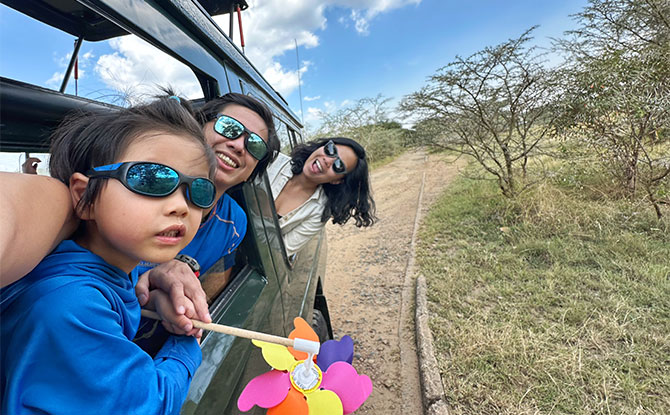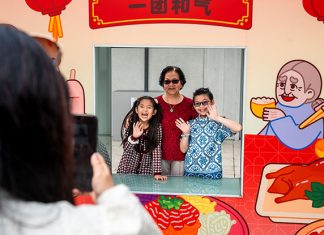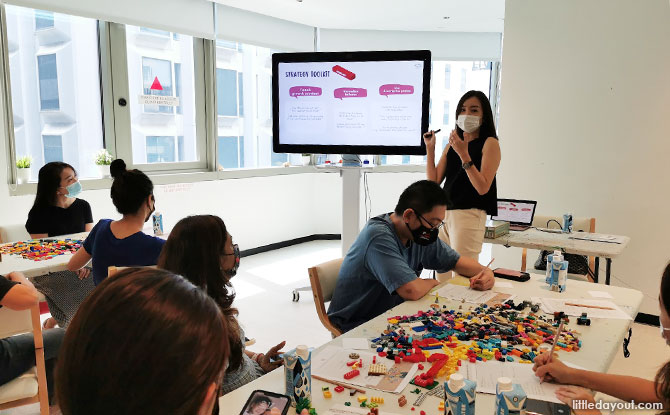
Do you play with your child?
Do you think you play well with your child?
Jacinth from @Ourlittleplaynest provoked us with these questions as we attended her parenting workshop in “Roles of Parents In Supporting Children in Open-ended, Child-led Play”.
In celebration of The LEGO Group’s 90th anniversary, we attended the workshop for parents, on how to play with your child. Sounds a tad ironic, you might think, it questioned the importance of play and how it can be beneficial for our children’s growth.
Read on all about supporting our children in play.
Open-ended Play and Its Benefits
Open-ended play is play that is fun, without extrinsic goals, spontaneous, engaging with an element of make-believe. Children play – that comes naturally. Open-ended play help children in so many ways.
It aids with their development, helps them to have empathy in thinking for others, resilience, creativity, lateral thinking and other necessary attributes.
How can Parents Support their Child in Play?
Do you think it is important to play with your child?
If you haven’t tried, do so and you can discover so much more about your child.
Here are some dos and donts when playing with your child:
1. Do not dictate
Dominating the play as a parent should not happen. Don’t be a dictator, one that constantly corrects, criticises, judges – this ruins the fun and prevents the child from growing in his or her own way.
2. Do facilitate
Listen, guide your child and facilitate the play. You can do that by giving prompts by asking questions. Then listen actively to what the child thinks. When there are disputes, help to build bridges.
3. Ask Open-Ended questions
You can ask your child questions such as the following:
“I wonder…”
“What if…”
“Can we try…”
“Can you teach me…”
“How can we solve this?”
You can also ask your child for ideas.
4. Encourage and Motivate
Teach the growth mindset by encouraging and motivating.
Use the word “yet”. For instance, you cannot built it yet. Set your child up for success by saying “If we focus on one step”, if there are difficulties faced during playtime.
5. Normalise failures
Embrace mistakes as a normal part of life. Relate your own story of how you overcome something difficult.
6. Use descriptive praise
Perhaps a common praise is “good job”. Avoid generic praise and describe what your child build. How about describing what you see?
7. Model Ideas and Processes
You can be a positive influence by modelling ideas and processes. This can inspire your child with various possibilities with different ways of playing or problem-solving.
Parents are the Biggest Cheerleaders for Open-ended, Child-led Play
To a child, parents are the biggest cheerleaders. Playing with them strengthens our relationships with them. Open-ended play is a great way to nurture our children with important attributes that would equip them for life. So parents, do play hard along with your child!




